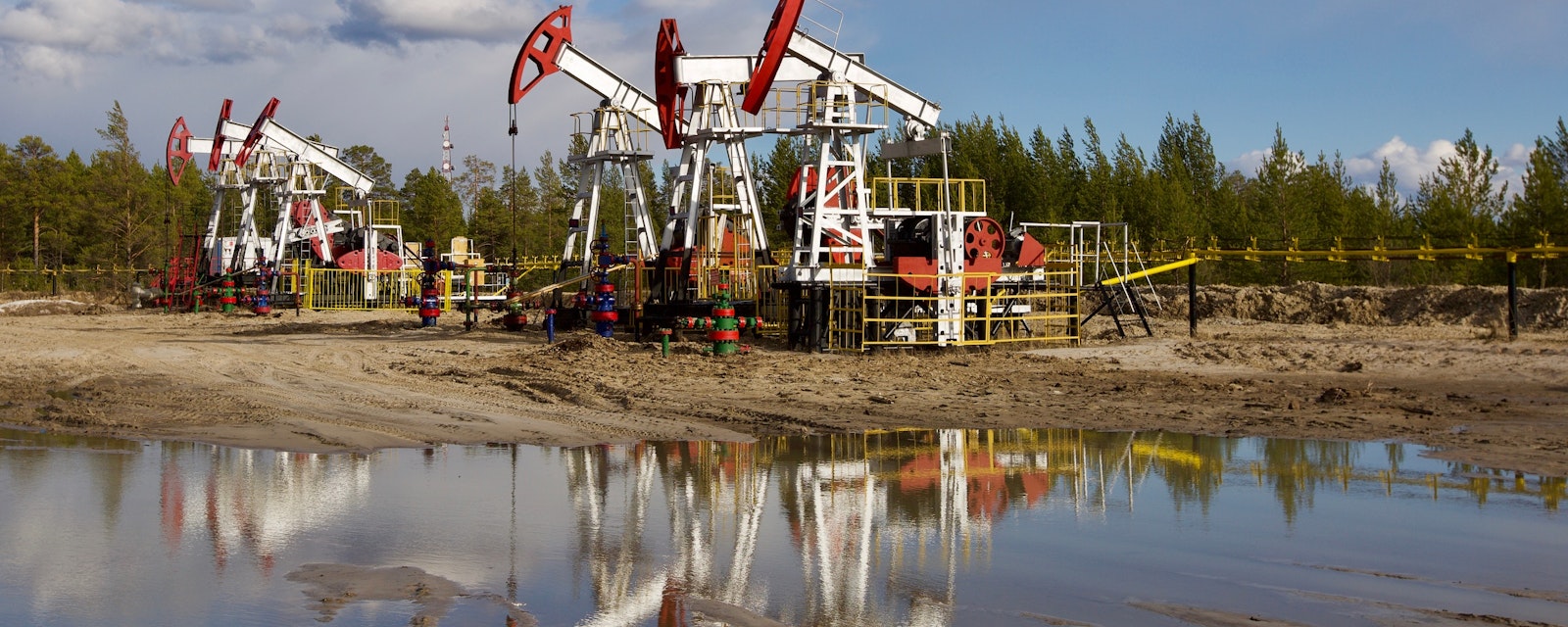As the war in Ukraine intensifies, sanctions on Russian oil and gas imports are the ultimate frontier in the Western political debate. Key politicians are trying to gain time, but moral outrage about Russia’s actions on the battlefield might eventually leave them with few alternatives.
EU foreign affairs ministers are holding talks with their counterparts from Canada, the US, the UK, and Ukraine in Brussels today, 4 March, to discuss the state of play on sanctions on Russia and explore further measures. Some of the options to be discussed reportedly include increasing the number of banks to be delisted from SWIFT, a shipping ban, and extending the list of sanctioned individuals. However, EU countries are paying around EUR 1bn per day for Russian gas and oil imports, limiting the effectiveness of the Western response. Therefore, the discussion about blocking Russian energy imports will likely become more prominent as the conflict intensifies.
Triggers for Action
Regarding the timing of future sanctions, it might help to consider how the EU decided to ramp up restrictive measures on Russia massively and quickly in the first place. Before the last weekend, the plan allegedly was to ratchet up sanctions progressively as the conflict evolved, leaving more onerous options such as delisting banks from the SWIFT communications system or imposing restrictions on Russia’s central bank for later stages.
Two factors might have been behind the acceleration of the decision-making process on the matter. First, President Vladimir Putin’s larger-than-expected invasion might have ignited fears that he might be willing to go beyond Ukraine. Therefore, sanctions are probably aimed at damaging Putin’s domestic standing as much as possible. The primary goal would be to deter further expansionism. The secondary hope would be that sanctions might trigger domestic political change in Russia at some point.
However, the other main driving force behind the sanctions was probably the moral outrage created by the Russian invasion which, combined with the sympathy towards the Ukrainian resistance, created significant political pressures on EU leaders to act swiftly. This means that the EU's response is essentially reactive in nature. The likelihood of further measures increases with every additional image of civilian casualties from Russia’s attack on Ukraine. As indignation mounts in European countries, EU leaders will likely come under renewed pressure to hit Putin with new sanctions.
Against this background, further EU measures would appear likely in the coming days. The past hours have only reinforced the impression that Putin is determined to do whatever it takes to defeat Ukraine. In a 3 March phone call with French President Emmanuel Macron, Putin has effectively confirmed his intentions to the EU’s leading interlocutor. While additional restrictive measures would therefore seem highly likely, the situation remains fluid regarding the options to be adopted from the menu of remaining sanctions.
The Energy Conundrum
For now, the German government has clearly positioned itself against an oil and gas embargo, pointing to the potentially destabilizing domestic consequences. Crucially, this was not the position taken by Chancellor Olaf Scholz’s Social Democrats (SPD), but of his most Kremlin-critical coalition partner, the Greens of Economy Secretary Robert Habeck. This would suggest that further financial sector sanctions (most likely by banning more Russian banks from SWIFT) could be explored first, not least given the knock-on effect these measures already seem to have on hydrocarbons.
Some fundamentals of European politics may have changed within a handful of days, including on German military spending and an unequivocal commitment to ending reliance on energy imports from Russia as quickly as possible. However, structural challenges remain unresolved. This counts for the lack of immediately available LNG terminals as well as for the backlog in the build-out of renewables and the electricity grid. In the background loom big, open questions on EU fiscal and monetary policy.
As in the run-up to Berlin’s ultimately quick move against Nord Stream 2, however, the state of the domestic debate in Western countries suggests that Putin’s choices remain the single most important driver. Russia’s actions in Ukraine will determine whether further EU sanctions become politically inevitable, including on energy imports. Moreover, any US decision to target energy imports would also put significant pressure on EU leaders to follow suit.





